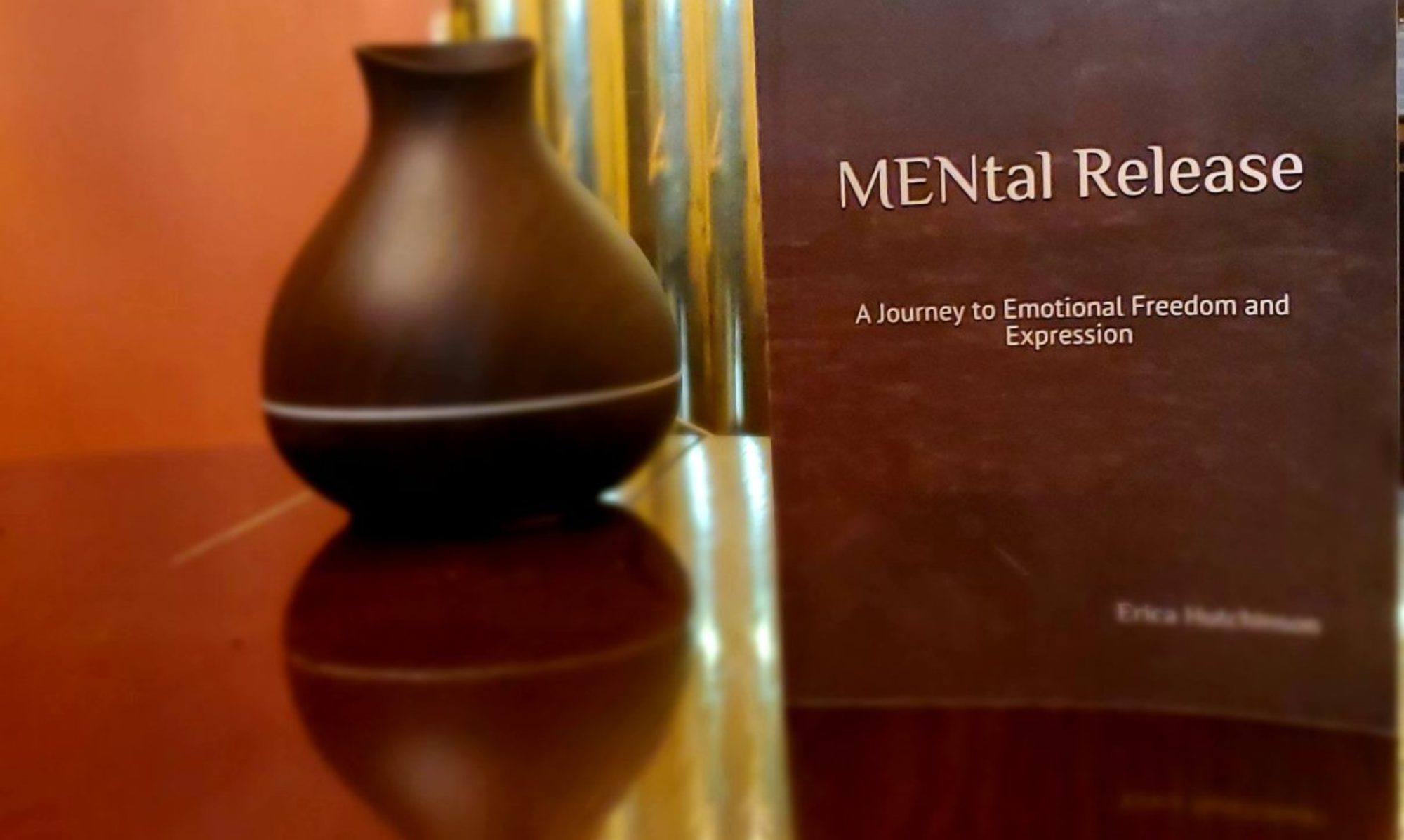
Hey! Long time no see, BUT, I’m back and I’ve got a story to tell! While I was working at this God-awful job during the Covid 19 outbreak, I was chatting with a co-worker who shared with me that he was considering taking a trial vaccine in exchange for financial compensation. I got super nervous for him and started explaining how it was dangerous for him to be a part of the trial and making the correlation to the Tuskegee Syphilis Experiment. Thankfully I was convincing enough, and he decided to forgo the experiment!
When it comes to conducting research, the world doesn’t have a clean record on its ethical practices. And while there are many instances of horrific experiments done on human subjects, the one that sticks out most to me is the Tuskegee Syphilis Experiment. In 1932, The U.S. Public Health Service began a study to record the natural history of Syphilis (a quick history lesson, if you will) where 600 Black men (some with Syphilis, some without) were told they were being treated for several ailments and in return they’d receive free medical exams, free meals, and burial insurance. In 1972 the study was considered “ethically unjustified” by an Ad Hoc Advisory Panel and was ended (www.cdc.gov). During the 40 years that this study took place, no consent was collected from the participants, and they were never actually treated for syphilis even though a cure, penicillin, was available.
Many times, these botched experiments are conducted on the poor, uneducated and minority groups because those groups of people have always been considered disposable in the eyes of the ruling class (whew, this is getting a lot deeper than I intended it to get!). The anti- racist and anti-oppressive lens in research affect how we implement ethical research because they take into account the voices and rights of marginalized communities. They help researchers to understand what to investigate, how to investigate and how to interpret the findings. It also allows researchers to gather an appropriate amount of minority participants for a study to ensure they are adequately represented. Additionally, eliminating cultural bias and insensitivity can improve the methods used in a study this improving its validity.
In the case of the Tuskegee Experiments, many ethical guidelines were not met, for one, informed consent was not asked for, therefore it couldn’t be given, the participants were deceived, as they were given placebo pills thinking that they were medicine, and they underwent psychological and physical harm as the men passed away but not before spreading the disease to their wives and children.
Adopting an anti-racist and anti-oppressive lens in research alters how social workers approach and implement ethical research practices and makes the respondents more willing to be active and honest participants. The anti-racist, anti-oppressive lens is fundamental to upholding the Social Work core values of integrity and competence.
Cheers to being culturally competent researchers and defending the dignity and worth of the human person!
